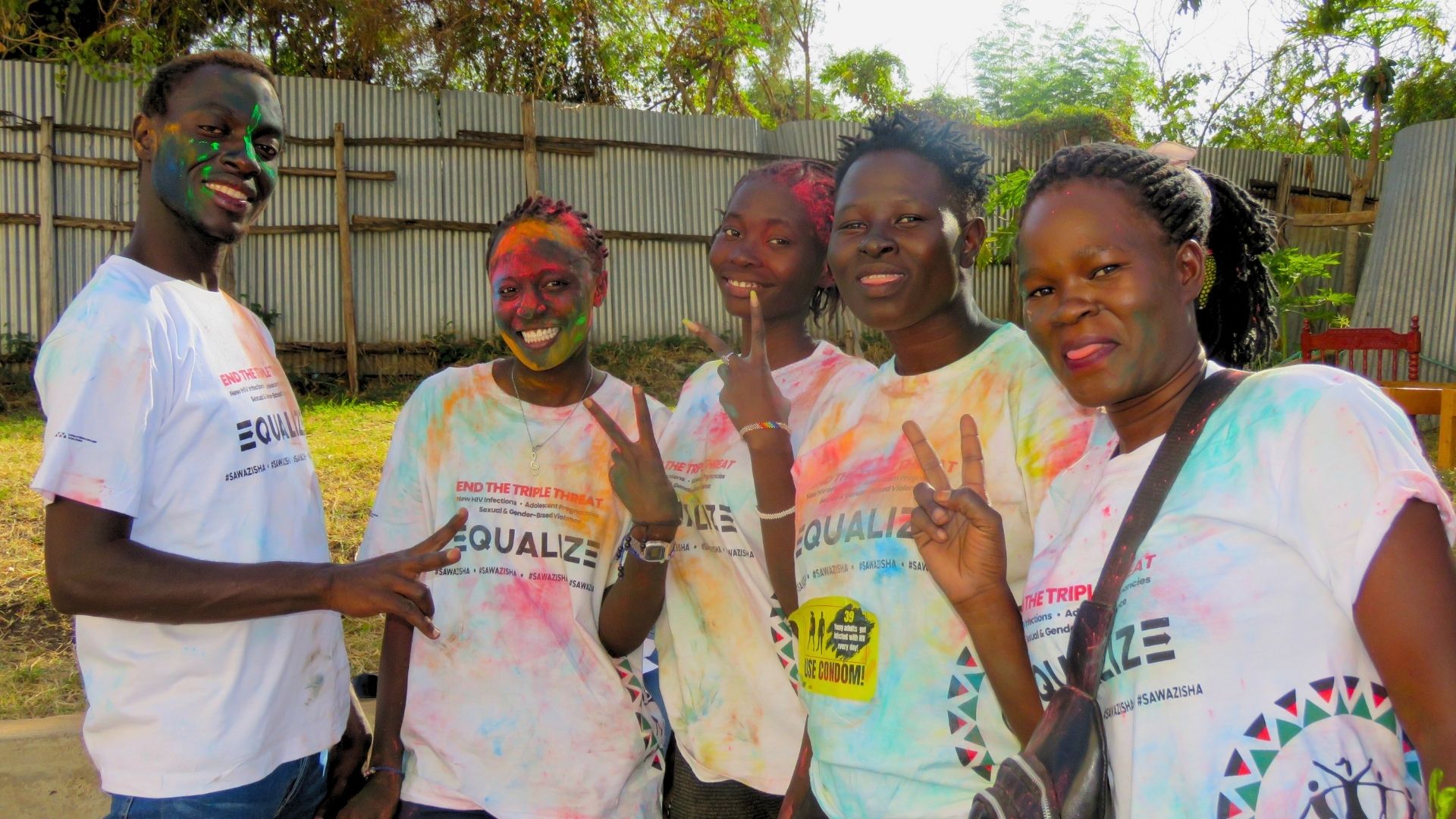Equal Rights, Equal Access
Equal Rights, Equal Access II
The project addresses the societal norms and regressive values that lead to discrimination and denial of SRHR services for Sexual Minority individuals in Homabay County, Kenya. It recognizes the need to overcome legal barriers and structural challenges that hinder access to justice and SRHR services. By engaging policymakers, healthcare workers, and judicial actors, the project aims to create an enabling legal and policy environment for equal access and rights without discrimination.
PROJECT DESIGN
The project involves collaborative efforts between civil society organizations (CSOs), policymakers, healthcare workers, and judicial actors. CSOs play a crucial role in engaging with policymakers to develop an SRHR policy that includes Sexual Minorities needs. Technical support is provided to enhance the knowledge and understanding of policymakers and judges, ensuring they appreciate the importance of addressing Sexual Minorities issues in SRHR policies. Peer educators empower Sexual Minorities individuals through advocacy and communication skills, enabling them to demand their rights and access relevant SRH services.
recipients
The project primarily focuses on Sexual Minorities individuals aged 18-35 in Homabay County. They will benefit from empowerment initiatives, advocacy training, and improved access to non-discriminatory SRH services. Healthcare workers in the county will receive training to provide inclusive SRHR services to Sexual Minorities individuals, while judicial actors will be educated about the rights and challenges faced by Sexual Minorities people. The project also aims to benefit the broader community by promoting gender transformative approaches and collaboration for advocacy.

Impact
The project expects to achieve several outcomes. Firstly, the development of an SRHR policy specific to Homabay County that addresses the needs of Sexual Minorities individuals. Secondly, advocacy efforts targeting both county-level policymakers and the judiciary to promote the rights of Sexual Minorities individuals. Thirdly, empowerment of Sexual Minorities individuals through peer educators, enabling them to demand their rights, identify their SRHR needs, and access non-discriminatory SRH services. Lastly, organizational development of implementing organizations through assessments and capacity-strengthening activities. The project has trained 52 healthcare providers for Homa Bay as ToTs on the provision of stigma-free and discriminatory SRHR Services to Sexual Minorities individuals. The project also realized the adoption of a gender-inclusive tool for the Sexual Minorities peer educators.
